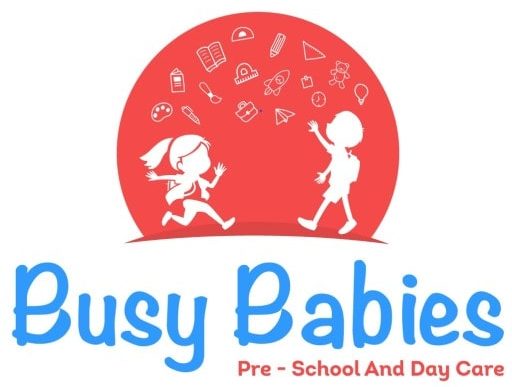According to the UNESCO, early childhood care and education are more effective than primary education. Most children aged 3-6 years grasp critical, emotional, and social skills by interacting with peers, teachers, and parents. It successfully lays the foundation for basic education in a child’s life.
Well, childhood education is not just about these basic skills. They also have to learn to be creatively independent for their upcoming future. This guide will explain why early childhood education is important, and also its benefits.
Why is Early Childhood Education important?
Childhood is the most important part of a person’s life and yet most parents take it for granted. Human development is a cornerstone of all developments, including social, physical, and emotional development. Early childhood learning experiences play an essential part in grooming the child’s adult years.
As they grow from babies to toddlers, from toddlers to young adults, their personalities differ in every aspect. Hence character building is also done in the early days.
This is why education at such a young age is extremely important.
Advantages Of Early Childhood Education :
1. Kindergarten Ready.
In the kindergarten system of learning, a child transitions from home schooling environment to primary schooling. Kindergarten spaces are the learning spaces to nurture children and introduce them to real-world education.
2. Improved Learning.
Educating a child at home and providing them with stimulating experiences helps them become cognitively active and also improve the child’s language skills. A well-arranged environment can help you meet preschool-aged children’s needs during play and routines.
3. Acquiring Learning Skills.
Learning skills are a stepping stone for a child’s brain development. It starts with interpretation and depiction, and then finally cultivates cognizance. A child needs to acquire these skills to instill other social skills in their lives.
Early Childhood Education enhances a child’s ability to interact with peers and parents. Social skills equally contribute to the simplification of their learning processes.
4. Enhanced Curiosity and Focus.
Babies are born with a burst of natural enthusiasm! They are excited when they discover new things or acquire a new skill. Children tend to possess a short attention span because of their increasing curiosity which keeps them busy with discovering new things. Due to their never-ending curiosity they naturally cannot remain focused on one thing for a long time.
It’s important to introduce them to newer environments, experiences, and connections while working on their ability to focus with unstoppable curiosity and making it a learning step.
Conclusion:
Early childhood education makes a child well-equipped with learning skills. It improves their overall health. As the saying goes, children are like bare soil, and early childhood education will shape them well.
